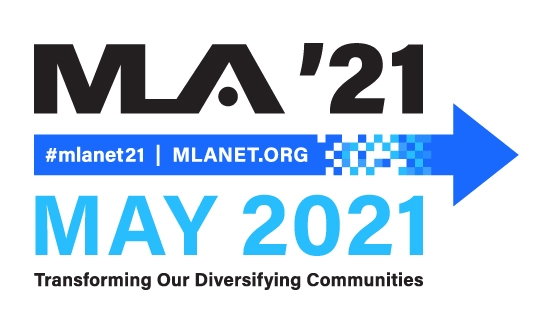It is with mixed emotions that we would like to congratulate Barbara Epstein, HSLS Director, on her retirement after 17 years as director and a long career at Pitt. During her time with HSLS, Barbara has been an essential part of the library’s success. We have had the pleasure to not only work alongside Barbara but also to thrive under her excellent leadership. While we are saddened to see her leave, we would like to take a moment to reflect on her many noteworthy accomplishments.
 Barbara has been an instrumental leader in health sciences librarianship. She became the 2017-18 Medical Library Association (MLA) president, after serving as president-elect the previous year. In addition, she was on the MLA Board of Directors and Executive Committee. During her time with MLA, she had the opportunity to connect with officers of health sciences library associations from Europe, Canada, Australia, Taiwan, Africa, and the U.S. to share ideas and challenges. She was selected to present the Janet Doe Lecture at MLA’s 2015 annual meeting. In 2016, MLA bestowed the honor of Fellow to Barbara based on her accomplishments and contributions to the health sciences information profession. Continue reading
Barbara has been an instrumental leader in health sciences librarianship. She became the 2017-18 Medical Library Association (MLA) president, after serving as president-elect the previous year. In addition, she was on the MLA Board of Directors and Executive Committee. During her time with MLA, she had the opportunity to connect with officers of health sciences library associations from Europe, Canada, Australia, Taiwan, Africa, and the U.S. to share ideas and challenges. She was selected to present the Janet Doe Lecture at MLA’s 2015 annual meeting. In 2016, MLA bestowed the honor of Fellow to Barbara based on her accomplishments and contributions to the health sciences information profession. Continue reading

 Colleagues and friends mourn the death of Nancy Hrinya Tannery, MLS, former HSLS Senior Associate Director, who passed away on Friday, May 14, 2021.
Colleagues and friends mourn the death of Nancy Hrinya Tannery, MLS, former HSLS Senior Associate Director, who passed away on Friday, May 14, 2021.

